Opportunity Culture® Audio
What do great Opportunity Culture® educators do, and what have they learned about successfully redesigning school roles to reach all students with excellent teaching? Opportunity Culture® Audio pieces bring their voices and advice to you, to help confront some of the stickiest issues facing education.

Subscribe to our Podcast!
Search for “Opportunity Culture® Audio” on Apple Podcasts, Spotify, or wherever you listen to your favorite podcasts. And please rate and review to help share with others!
-
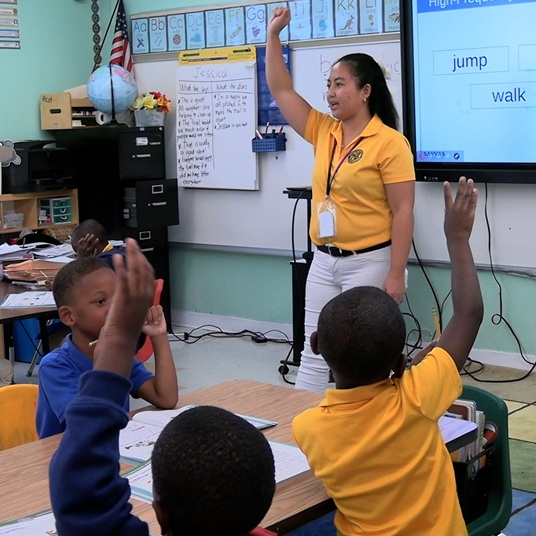
20. For Louisiana District, HQIM + Opportunity Culture® Teams Sparks Early Wins
When Charlie Butler returned to his hometown to become superintendent of the Madison Parish School District in northeastern Louisiana, he was looking for innovative ways to help the persistently low-performing system. With help from a state “instructional coherence cohort,” the district combined the support of Opportunity Culture® teaching teams with a focus on the implementation of high-quality instructional materials to address longstanding issues—and quickly started to see successes for both students and educators. In this podcast, district and state leaders describe how they worked together to make it happen.
-

19. Superintendents Speak: Vacancies Plummet, Student Results Rocket in Carlsbad, New Mexico
When Carlsbad Municipal Schools Superintendent Gerry Washburn joined the district, it was facing high teacher vacancies and low student success—and a lot of low morale. A chance conversation with Ector County, Texas, Superintendent Scott Muri showed Washburn a new option—Opportunity Culture® school redesign. With inclusive leadership and a determination to get design and implementation of new staffing roles right, plus a strong district team and principals, Washburn saw schools begin to soar and lead the state: “I've been stunned at the acceleration that we're seeing.”
-
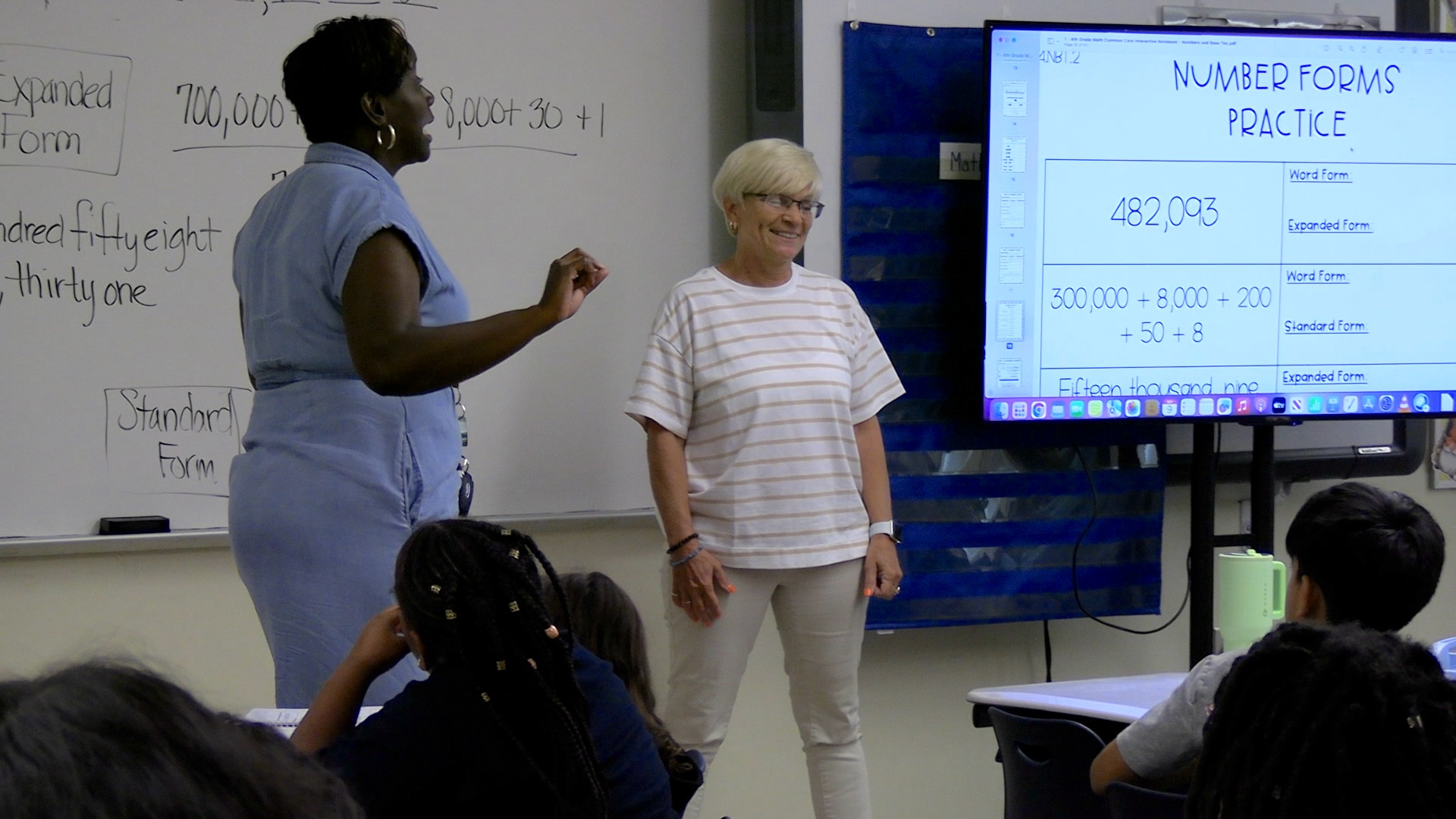
#18. Superintendents Speak: Choosing to Use Opportunity Culture® Design, on Fast Timeline
In the first of an occasional “Superintendents Speak” series, Superintendent Rodney McNeill of Greene County and Superintendent Rodney Peterson of Person County discuss why they chose to use Opportunity Culture® models in their districts, and why they elected to have their districts go through a fast-track design workshop together in the spring, to be able to begin using Multi-Classroom Leader® teaching teams in the fall. Both districts feel the pressure of nearby, larger districts—and districts already using Opportunity Culture® models—that are able to pay teachers more.
-
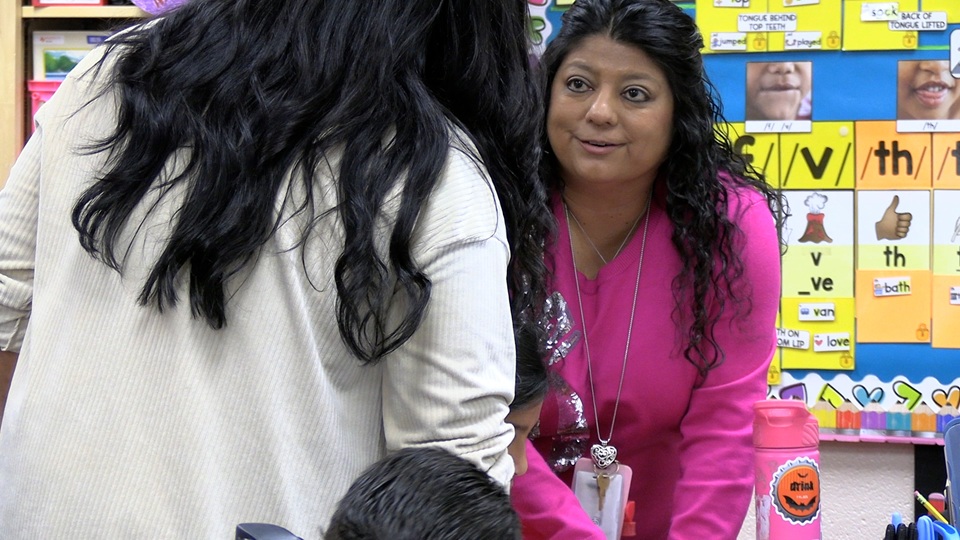
#17. For Big Results, Go Big with Teaching Teams
When schools and districts begin using Multi-Classroom Leader® teams, should they wade in, or dive in? Hear what district leaders have said over the past decade on how best to improve student learning growth and teacher careers.
Superintendents, district leaders, principals, and team leaders from North Carolina’s Wilson County, Hertford County, and Winston-Salem/Forsyth County districts, as well as Winchester, Virginia, and Ector County and Midland districts in Texas—several of whom have Opportunity Culture® experience in multiple districts—discuss what worked for them.
-
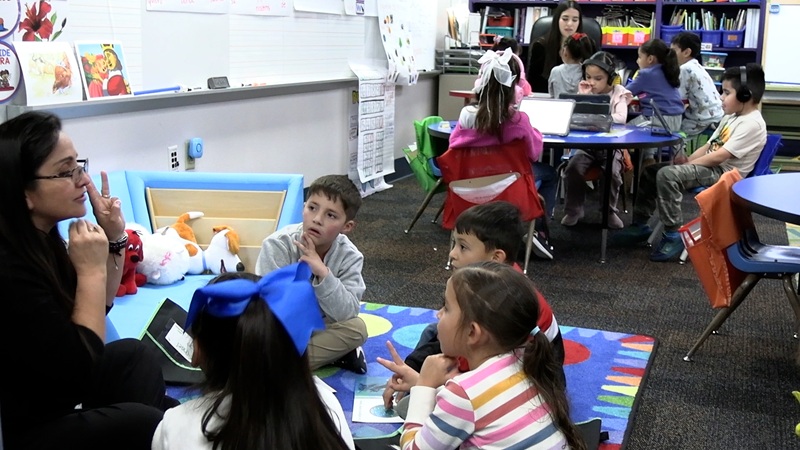
#16. Reset for Success: How Midland ISD Revamped Teaching Teams for Results
When Superintendent Stephanie Howard came to Midland ISD in the Permian Basin of Texas, she knew what success with Opportunity Culture® teaching team models should look like, after working with them in neighboring Ector County ISD as a deputy superintendent. Although Midland ISD was using these teams as well, several Opportunity Culture® fundamentals weren’t being followed. Howard and Jessie Garcia, who came to Midland from Ector County as well, took a year to do a complete reset—an effort now paying off in learning growth for students, sustainable higher pay for teacher-leaders that can reach six figures, and stronger teacher support and retention. Hear how they did it in our latest audio piece.
-

#15. How Small Groups Led to Big Middle School Math Growth
Math Team Reach Teacher™ Brian Tavenner discusses his wholehearted belief in the power of extensive small-group instruction to improve all students’ outcomes and the difference it makes in how he works with student learning data. He delves into reflections and how small groups work in his middle school classes, with 50 students split in half through Reach Associate™ support.
-
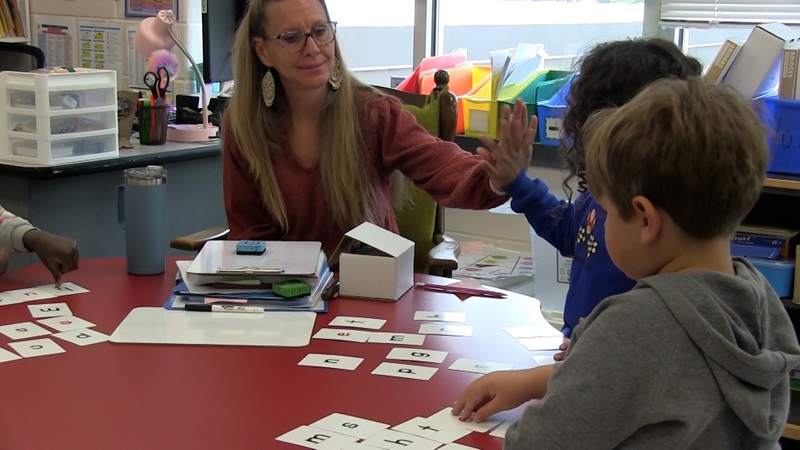
#14. Becoming a Student Growth State Leader: Lessons from Winchester
For the 2023–24 school year, Winchester Public Schools had student learning growth results to celebrate: Their seventh-grade math students were number 1 in the state for learning growth; fourth-grade math was in the top 10, and eighth-grade math was in the top 12. All three of these grades had 100 percent of their students reached by Multi-Classroom Leader® teaching teams. And across the district, 15 teams are now reaching 100 percent of students in a subject or grade, with nine teams students’ making high growth.
-
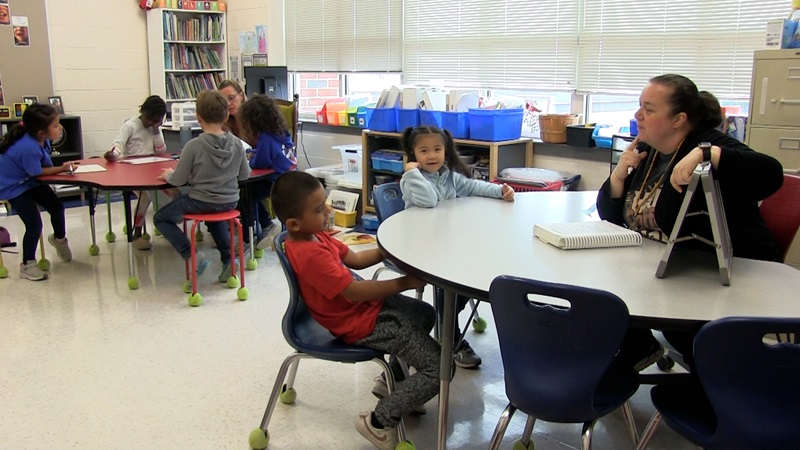
#13. A Superintendent’s View: Go All-In with Opportunity Culture® Teams, Small-Group
Viewing Opportunity Culture® implementation as a single, cost-neutral solution for multiple issues—student outcomes and educator career paths and satisfaction—Winchester Public Schools Superintendent Jason van Heukelum discusses why the district “jumped all in” and how that’s working out, with strong learning growth results.
-
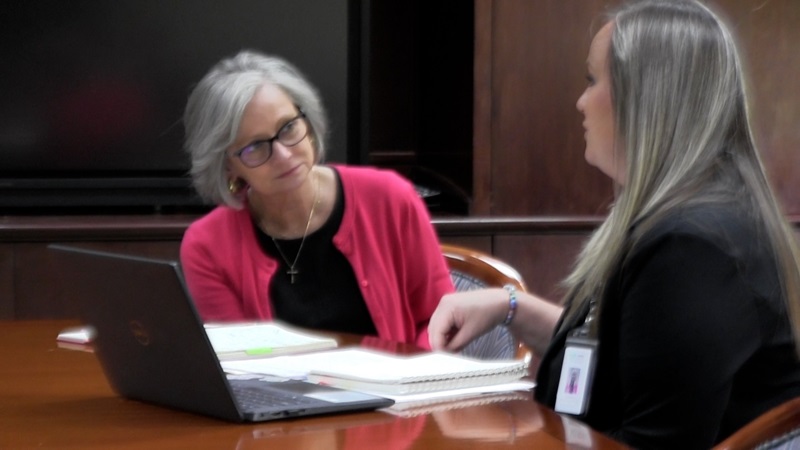
#12. For N.C. Superintendent, Opportunity Culture® Teams Lead to a “Return on Instructional Investment”
Since 2017, the Vance County, N.C., school system has used Opportunity Culture® teaching teams to improve teacher retention and student learning. How has the district sustained implementation through a pandemic and transition to a new superintendent? Superintendent Cindy Bennett discusses what the district values in the support these teams provide, and how it continues to learn and adjust its use of the model—with a focus on Aycock Elementary, now in year six of implementation and exceeding the state’s expectations for student learning growth.
-
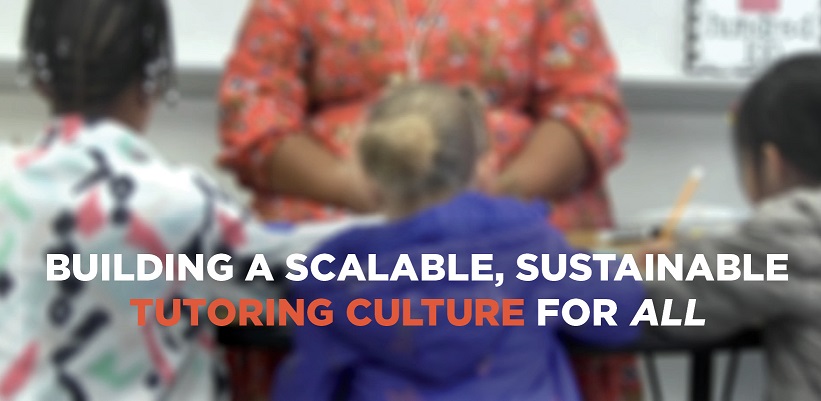
#11. Public Impact® Module Helps Schools Create a Tutoring Culture
In this podcast, former Multi-Classroom Leader® Okema Owens Simpson provides an overview of the Multi-Classroom Leader® role and the power of small-group, in-school tutoring through MCL teams, as a preview for watching the module and understanding our SIMPLE framework for building a tutoring culture.
-
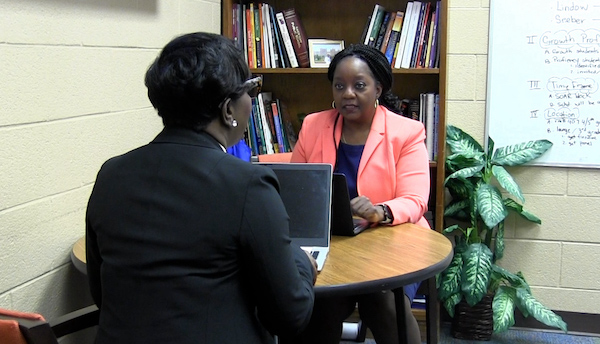
#10. How Collaborative District Leadership Supports Opportunity Culture® Success
Successful Opportunity Culture implementation in a school district isn’t all up to the schools: Getting broad participation and communication from multiple district offices provides the support schools need. In North Carolina’s Winston-Salem/Forsyth County Schools, Area Superintendent Timisha Barnes-Jones and Tina Lupton, executive director of professional learning, have collaborated closely to ensure that Opportunity Culture support exists at all levels.
-

#9. Kids Need Tutoring. Few Kids Get Tutoring. Opportunity Culture® Models Can Help.
A recent report from the National Center for Education Statistics shows that high-dosage tutoring reaches only about one in 10 students—despite the national push for it. But if schools build innovative staffing models such as Opportunity Culture models, small-group tutoring can happen routinely, during the school day.
-
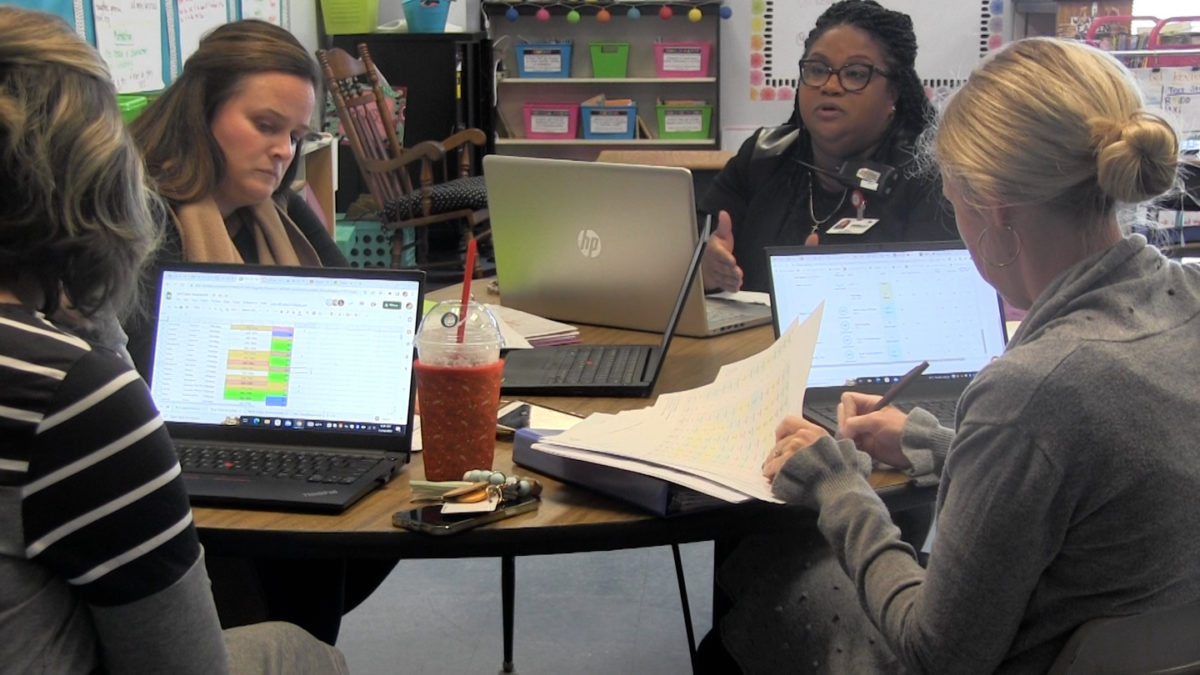
#8. Dramatic Student Growth Follows Focus on Data, Small-Group Tutoring, and Collaboration
Lucama Elementary, a rural, Title I school in Wilson County, North Carolina, implemented several Opportunity Culture roles in 2021–22. Through a focus on data-driven small-group tutoring, instruction based on the science of reading, and greater educator collaboration through Multi-Classroom Leader® teams, the school dramatically increased student learning growth.
-
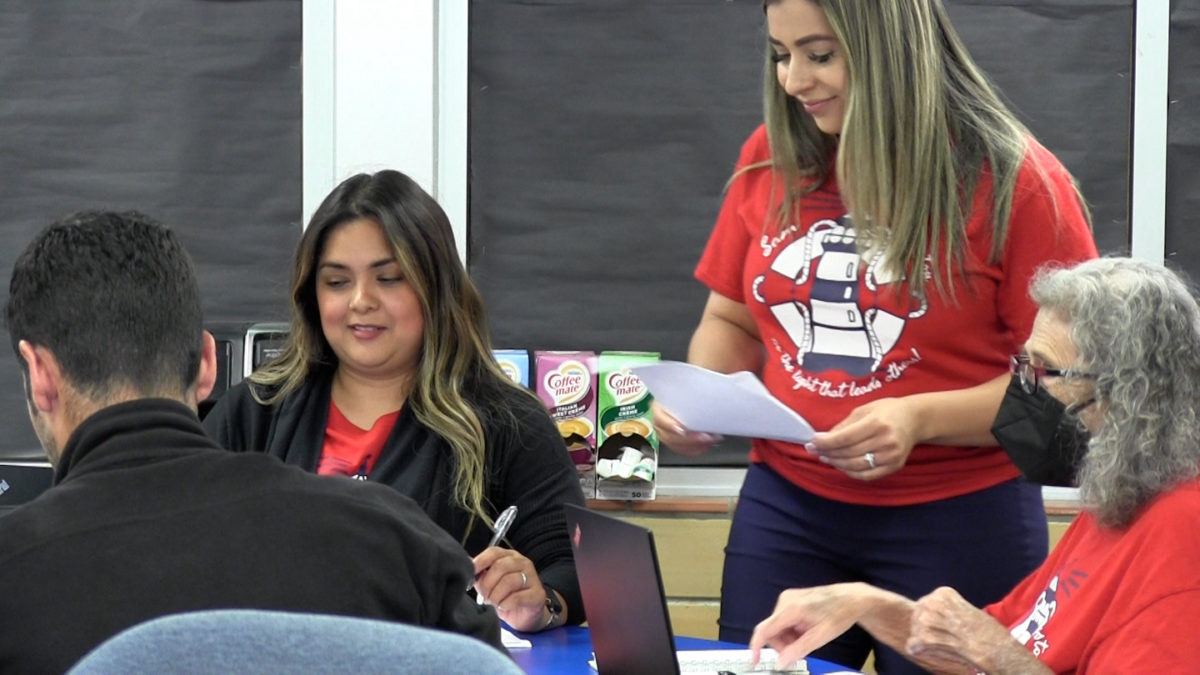
#7. Making the Most of Opportunity Culture® Innovations
Superintendent Scott Muri, a finalist for state superintendent of the year in Texas, has Opportunity Culture experience in multiple districts; hear Muri’s thoughts on the impact of Opportunity Culture innovations in areas including teacher residencies, teacher leadership, and other district offices, and the importance of staying faithful to the model.
-
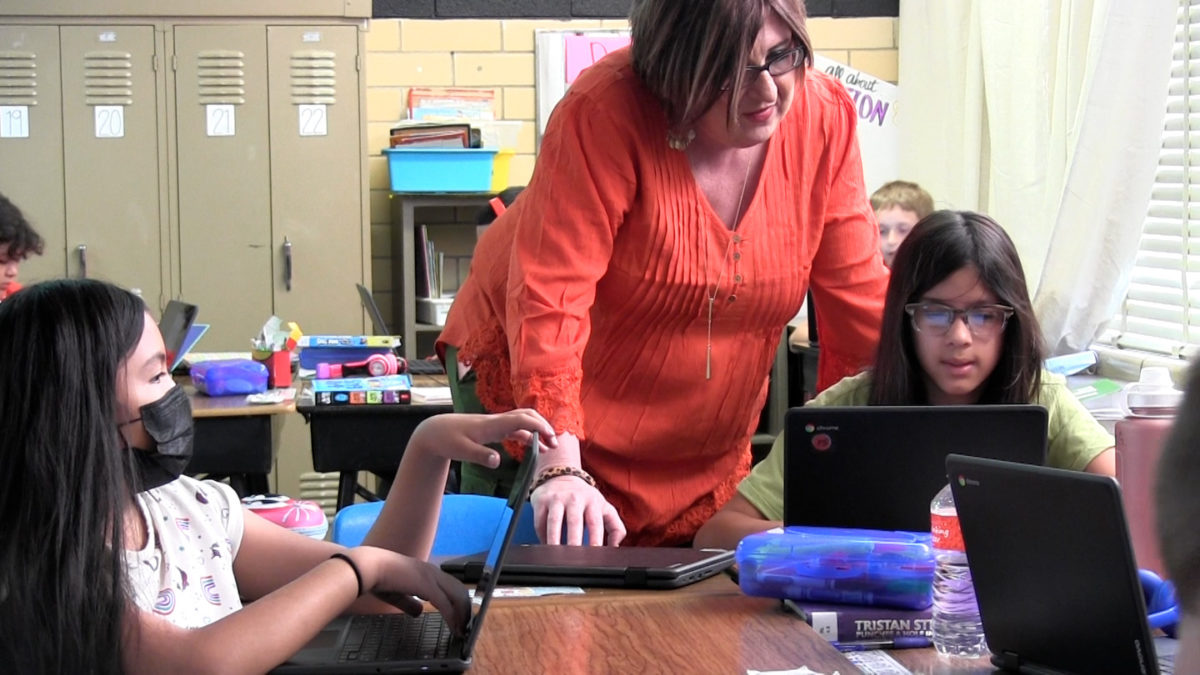
#6. Becoming a Committed Opportunity Culture® School
Susan Hendricks was the principal of Ross Elementary in Ector County, Texas, before becoming the district’s director of leadership in August. Under her leadership, Ross Elementary received high ratings on the annual, anonymous survey given to Opportunity Culture educators. Henricks credits that success to having structures in place that the whole school understands and committing to the belief that the Opportunity Culture initiative is "who you are.”
-
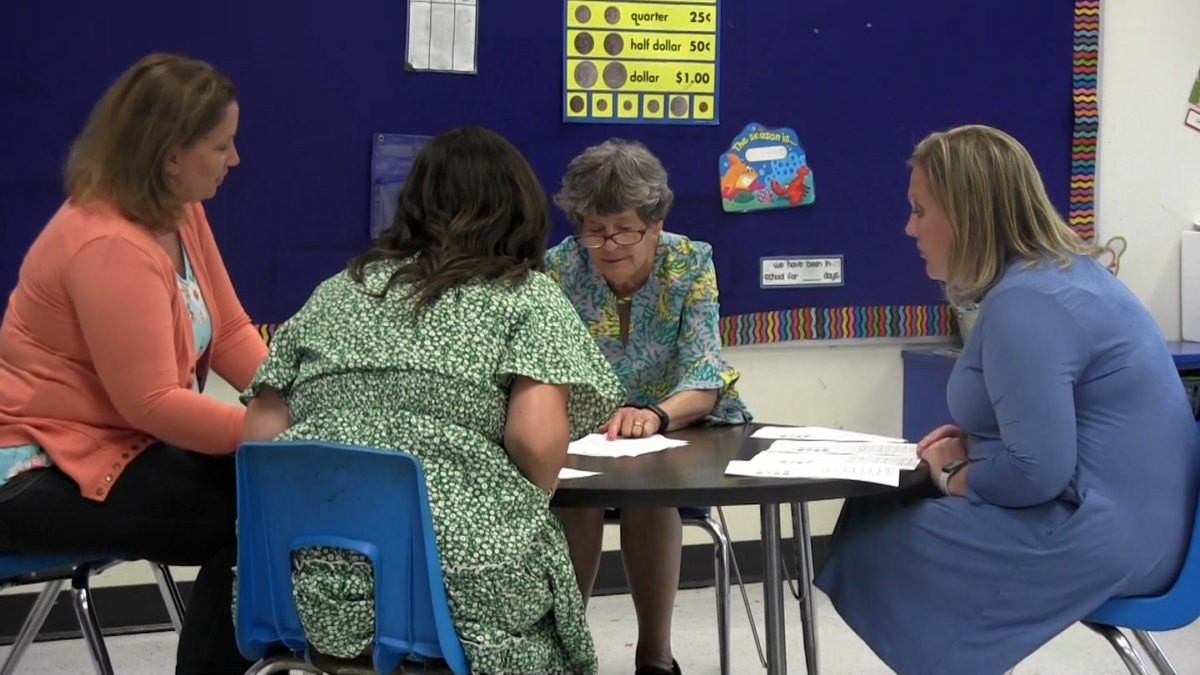
#5. Comprehensive Communications Strengthen Opportunity Culture® School
Principal Julie Shields leads a school that ranks very high on Opportunity Culture surveys for communicating its Opportunity Culture plans and impact. She spoke with Public Impact about how she thinks through a communications strategy to keep Opportunity Culture implementation strong over many years.
-
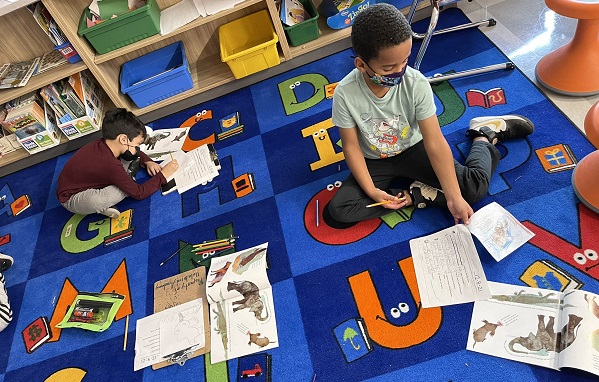
#4. Advice from an Opportunity Culture® Director
As Anne Claire Tejtel Nornhold, who leads the Opportunity Culture work in Baltimore City Public Schools, prepared to move out of that role in spring 2022, she spoke with Public Impact about what worked well and her advice for other district Opportunity Culture directors. Listen to her reflections in our latest Opportunity Culture Audio piece, with her advice on focusing on a strong selection and accountability process, support for multi-classroom leaders, and having high-quality district-level Opportunity Culture support.
-
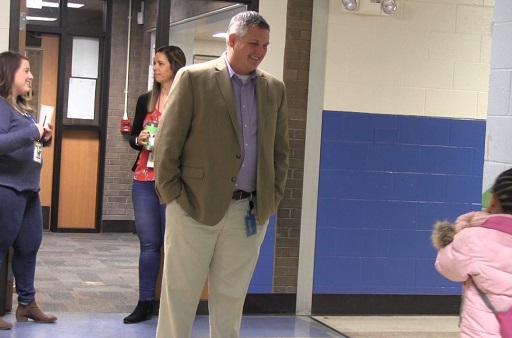
#3. How Opportunity Culture® Redesigns Help Address Teacher Shortages
What if you could improve student outcomes even in a time of rising teacher shortages? Many schools and districts report feeling stuck on the hamster wheel of trying to fill all their open positions—a struggle that has been worsening for years. Listen to this recording of our post about the solution that could take principals out of chronic emergency hiring mode, and how two principals have used that solution.
-
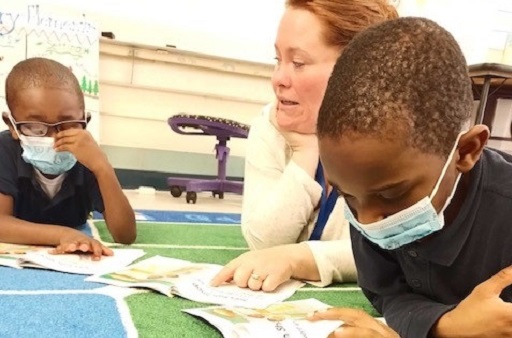
#2. Teacher-Assistant Partnership Helps Students Grow
Angela Caldwell, an Opportunity Culture expanded-impact kindergarten teacher in Guilford County, North Carolina, and her teaching assistant, Lora Terry, speak with Public Impact about their teaching partnership and the impact they see small-group tutoring making on student learning growth.
-
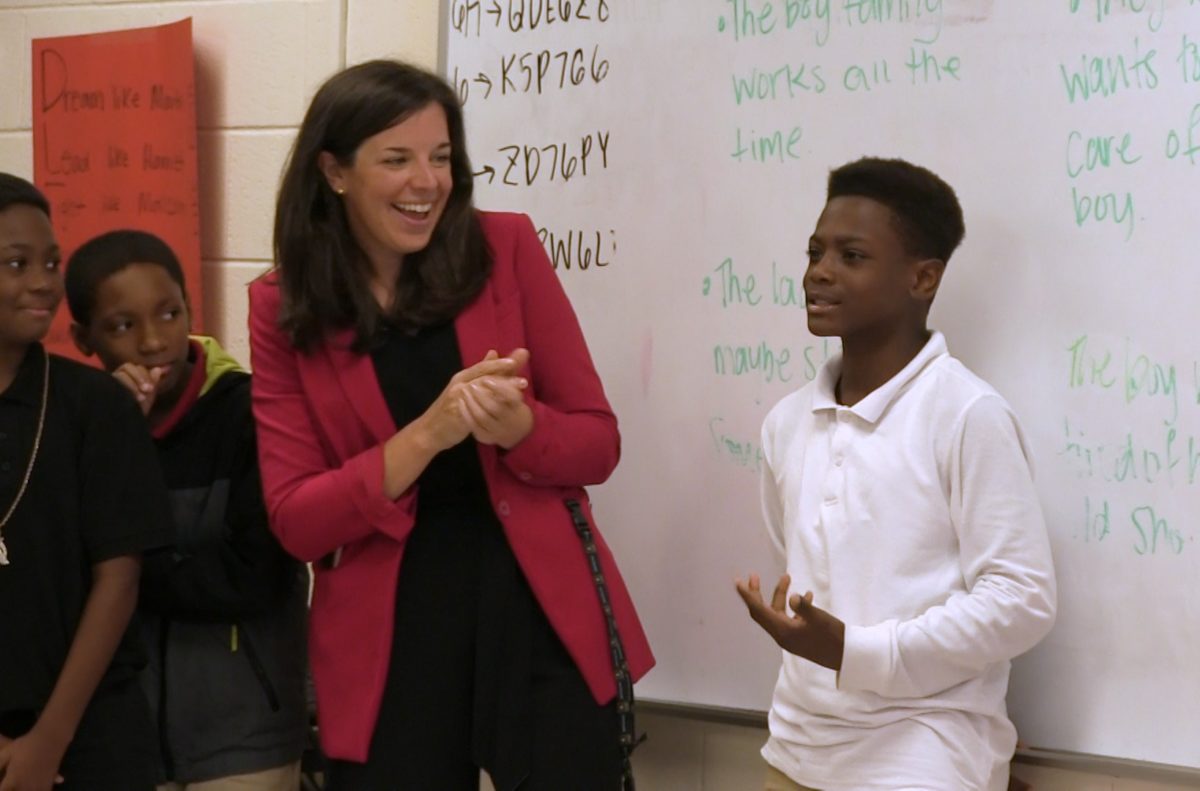
#1. An Opportunity Culture® Principal Reflects
In this first Opportunity Culture Audio piece, we hear from Jenny O’Meara, who until 2021 served as a principal for a middle school using Opportunity Culture roles. O’Meara worked in Edgecombe County Public Schools in a rural part of North Carolina, which has taken its Opportunity Culture implementation district-wide.
